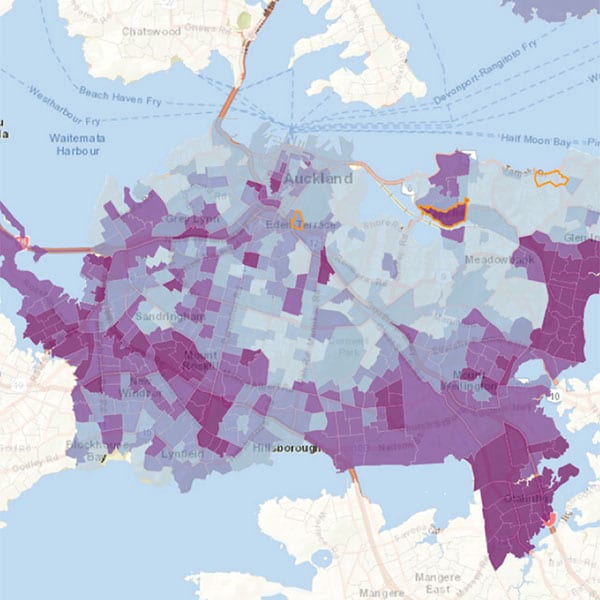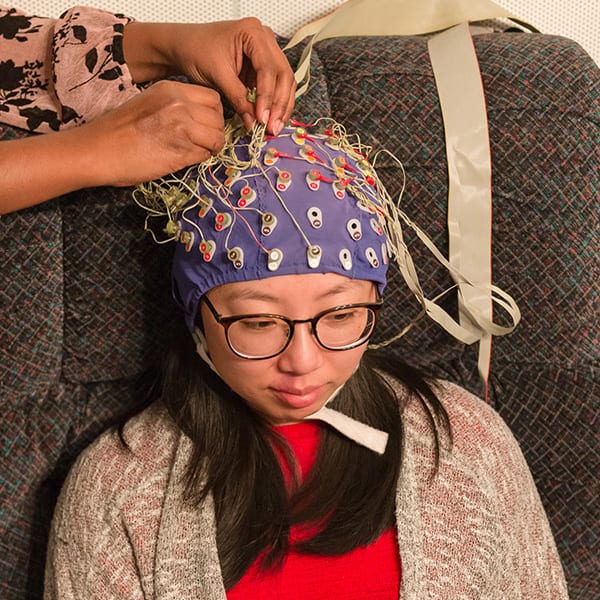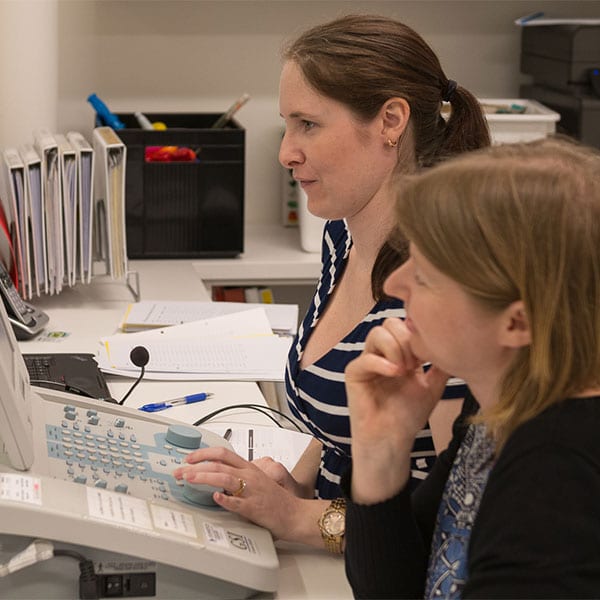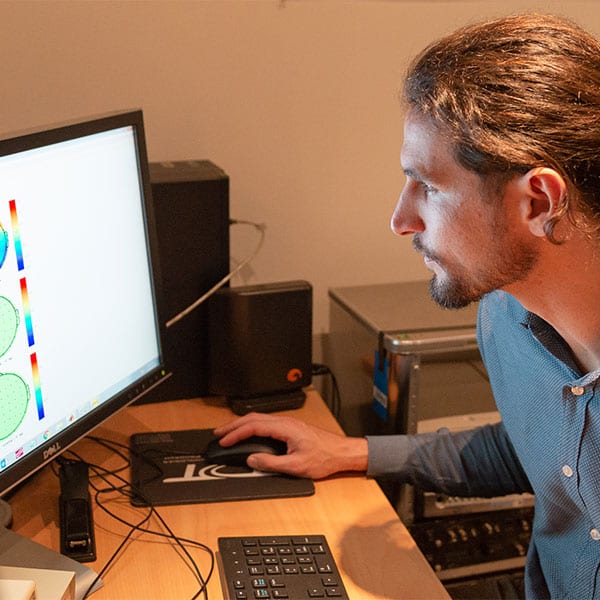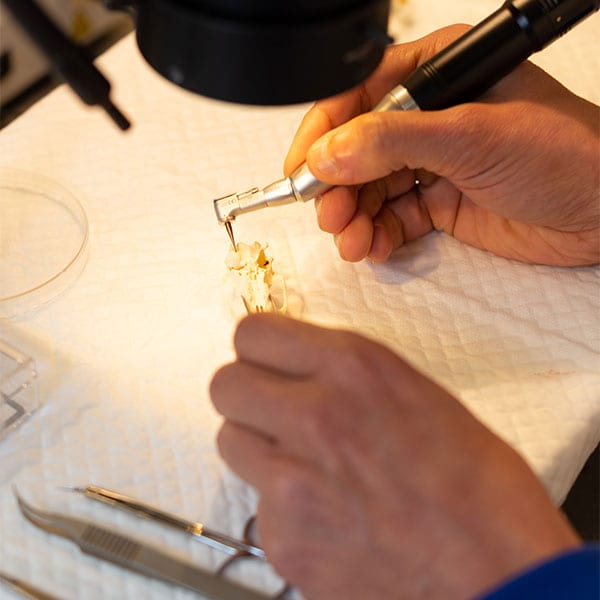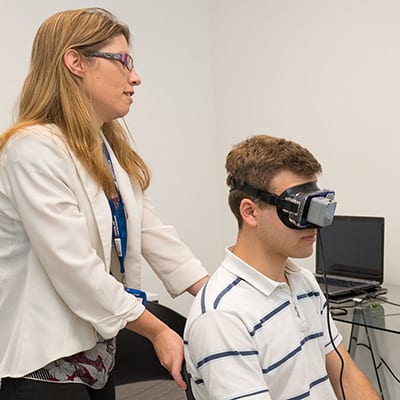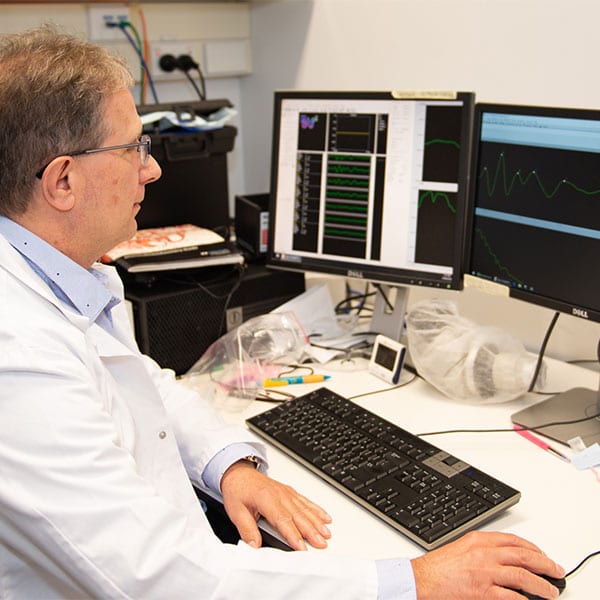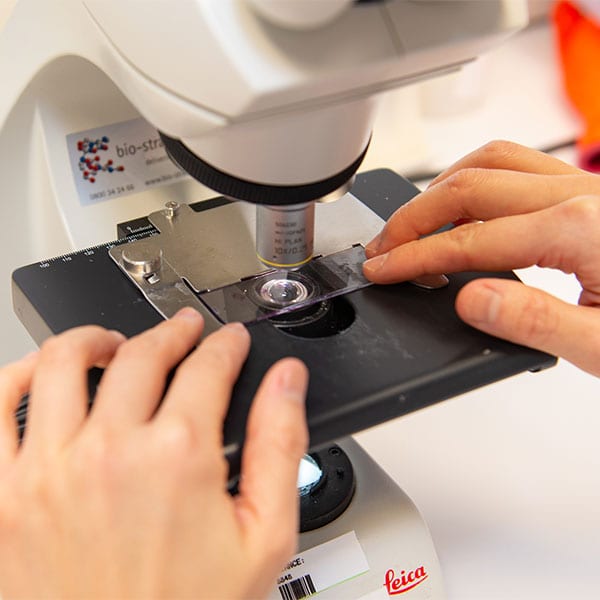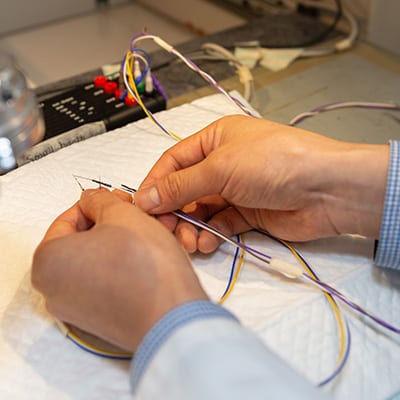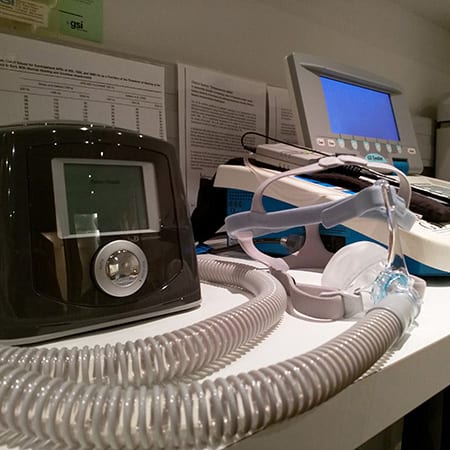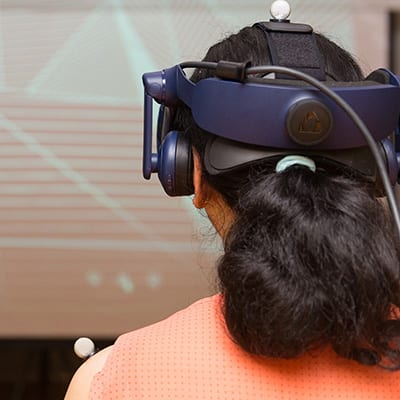Previously awarded grants – 2018
Project/Explorer Grants
NeuTin: The neural basis of tinnitus suppression.
A/P Grant Searchfield
Delivering molecules across the round window membrane
Dr Haruna Suzuki-Kerr
Therapies to reduce auditory and cognitive deficits in aging
A/P Srdjan Vlajkovic
The pathology of auditory pathways in Alzheimer’s Disease
A/P Henry Waldvogel
Towards a platform of hearing health analytics – $25,000 for 1 year
PI: Associate Professor Daniel Exeter, University of Auckland
AI’s: National Foundation for the Deaf
This study explores geographic variations in hearing health across New Zealand, using whole-of-population data sets. Using ‘big data’ maintained by Statistics New Zealand, the researchers aim to produce an online atlas to inform clinicians, researchers, planners and the public about the patterns of hearing loss, and other factors associated with poor hearing health in New Zealand.
Probing the neural basis of tinnitus – $39,074 for 18 months
PI: Dr Michael Maslin, University of Auckland
AI’s: Dr Phil Bird, CDHB, Dr Michel Neeff, ADHB, Dr Greg O’Beirne, University of Canterbury, Professor. Suzanne Purdy, Associate Professor Grant Searchfield, Professor Peter Thorne, University of Auckland
Tinnitus, the perception of sound without an external source, is common affecting around 10% of adults. Tinnitus can seriously reduce quality of life, for example through annoyance, sleep deprivation, anxiety and depression. Since tinnitus is associated with hearing loss, a common theory for the underlying cause is that the brain reacts to the hearing loss by ‘turning up the volume’. We aim to identify abnormal brain activity associated with tinnitus following hearing loss due to surgical procedures to remove a tumour on the hearing nerve, information that is essential for understanding exactly how the brain turns up the volume.
Does hearing screening at 3 years improve outcomes for children? – $13,376 for 1 year
PI: Professor Suzanne Purdy, University of Auckland
AI’s: Professor Randall Morton, Associate Professor Alain C Vandal, Louise Dickinson, Nelson Balisa, Christine Lynch, CMDHB
Counties Manukau District Health Board children have high rates of unrecognised hearing loss and ear disease, affecting about ¼ of 2-3 year olds. Newborn hearing screening detects permanent hearing loss at birth but can miss later hearing loss associated with ear infections and glue ear, and progressive hearing loss. NZ children have their hearing tested at age 4, in preparation for school. By this stage children with ear/hearing problems may have significant speech/language or other delays if they have not been treated. This research will assess feasibility of objective hearing testing at age 3, in preparation for a future trial assessing whether screening at age 3 improves outcomes compared to the current 4-year-old screen.
NeuTin: The Neural basis of Tinnitus Suppression – $23,448 for 1 year
PI: Associate Professor Grant Searchfield, University of Auckland
AI’s: Dr Mithila Durai, University of Auckland, Prof Nikola Kasabov and Anne Wendt, AUT
Tinnitus (“ringing in the ears”) is a highly prevalent condition affecting 6% of the New Zealand general population and 13.5% of over 65’s. Although there is no cure for tinnitus, a short loud sound can suppress tinnitus for a brief time. This suppression is called Acoustic Residual Inhibition (ARI). This research will investigate the behavioural effects and neural correlates of ARI. It will use Electroencephalography and a computer model of neural activity developed in NZ, called the NeuCube, to examine the processes responsible for tinnitus generation and its suppression.
Delivering molecules across the round window membrane – $50,000 for 1 year
PI: Dr Haruna Suzuki-Kerr, University of Auckland
AI’s Professor Peter Thorne, Associate Professor Srdjan Vlajkovic, University of Auckland
Intratympanic drug injection to the inner ear precludes systemic side effects and bypasses the blood-labyrinth barrier. Currently, the drug delivery via this route is limited by the permeability of the round window membrane (RWM), one of the two openings to the inner ear. In order to understand and improve the drug delivery into the inner ear, we aim to visualise the diffusion of tracer molecules across the RWM, and try to increase its penetration by applying reagents. The outcome from this study will provide proof-of-concept for a new drug delivery approaches through the RWM to the inner ear.
Testing vestibular function in patients with neurological, cognitive and balance impairment – $24,913 for 1 year
PI: Dr Rachael Taylor, University of Auckland
AI’s: Dr Kim Wise, NZDBC, Professor Denise Taylor, AUT, Professor Suzanne Purdy and Professor Peter Thorne, University of Auckland.
Suppression video head impulse testing was recently introduced as a simple, non-invasive method of assessing inner ear balance function. During testing, the patient wears a pair of video-recording goggles while staring at a laser target projected from the goggles onto a wall. Quick head turns generate eye movements that are recorded by the goggles to determine the level of function. This study will investigate the effects of attention and cognition on eye movement responses in patients with cognitive, neurological and balance impairment. Knowledge of how the test is affected by different subject factors is important for the interpretation of results.
Therapies to reduce auditory and cognitive deficits in ageing – $45,502 for 18 months
PI: Associate Professor Srdjan Vlajkovic, University of Auckland
AI’s: Prof. Peter Thorne, Dr Jordi Boix-i-Coll, University of Auckland
The loss of hearing or balance problems can increase the rate of cognitive decline in older people with mild dementia. Recent studies show that, by reducing the risk factors such as hearing loss, smoking, depression, diabetes, hypertension and obesity, more than a third of dementia cases might theoretically be preventable. In this study, we present a novel strategy to delay the progression of age-related hearing loss using a mouse model. As a secondary outcome, the impact of delaying of hearing loss in these animals will be correlated with cognitive decline.
The pathology of auditory pathways in Alzheimer’s Disease – $44,361 for 2 years
PI: Associate Professor Henry Waldvogel, University of Auckland
AI’s: Professor. Peter Thorne, Distinguished Professor Sir Richard Faull, University of Auckland
Hearing loss may accelerate development of dementia. Why this occurs with dementia is not known, but it may be because auditory parts of the brain may be affected early in development of dementia, such as Alzheimer’s disease. In this study we will look at the pathology of the brains donated from people with Alzheimer’s disease and see if the hearing parts of the brain show common pathology to parts of the brain that affect memory. This will help to understand the hearing changes in Alzheimer’s disease and may help to develop interventions to prevent cognitive decline in those with hearing loss.
Pairing somatosensory stimulation with tones to treat tinnitus – $50,963 for 2 years
PI: Associate Professor Yiwen Zheng, University of Otago
AI’s: Prof. John Reynolds, Prof. Ming Zhang, Prof Paul Smith, Prof. Dirk De Ridder, University of Otago
Chronic tinnitus, a phantom sound, is a debilitating condition and produces many detrimental effects on the quality of life. However, treatment options are very limited and not effective. This research will test a stimulation protocol for tinnitus by pairing sound with electrical stimulation of the somatosensory system, in an animal model of tinnitus. The results will significantly improve our current understanding of tinnitus and may lead to the development of effective therapies for tinnitus.
Student Grants
Testing hearing function in obstructive sleep apnea patients – $4,011 for 2 years
PI: Irene Cheung, University of Auckland
AI’s: Professor Peter Thorne, University of Auckland, Dr Michel Neeff and Dr Syed Hussain, ADHB, Dr Ulrich Sommer, Universitat Witten
Obstructive Sleep Apnea (OSA), a condition characterized by the collapse of the upper airway during sleep has been extensively linked to diabetes, cardiovascular diseases and mortality. However, its possible association with hearing disorders has not been widely investigated. This project will investigate the occurrence of OSA with hearing dysfunctions and the potential benefit of Continuous Positive Airway Pressure (CPAP) therapy. Not only would this study increase the awareness of concurrent OSA and hearing dysfunction, CPAP could be used as an alternative non-invasive therapy for patients with hearing disorders.
Mechanisms of motion sensitivity after vestibular insult – $5000 for 2 years
PI: Shikha Chaudhary, AUT
AI’s: Professor Denise Taylor and Dr Nicola Saywell, AUT
Dizziness is the second most common symptom for which people seek medical attention. In about a quarter of people with moderate to severe dizziness, the cause is dysfunction of the balance system. Motion sensitivity can arise when there is a misalignment between the visual system and the balance system and can lead to dizziness. This project will look at visual fixations which maintains our gaze on a single object and how these are affected in patients with motion sensitivity following damage to the balance system.
Travel grants
Maya Wilde
To attend the annual meeting of the Australasian Neuroscience Society in Brisbane, Australia
A/P Srdjan Vlajkovic
To attend the annual meeting of the Australasian Neuroscience Society and the Australasian Auditory Neuroscience Workshop in Brisbane Australia
Dr Joan Leung, Prof. Suzanne Purdy, Professor Peter Thorne
Collaboration meeting between Auckland and Dunedin research teams to discuss analysis ideas and explore links between the Hearing data and other factors acquired during the data collection for Phase 45 (45 year olds) of the Dunedin Multidisciplinary Longitudinal Study
Associate Professor Holly Teagle
To attend and present as an invited speaker at the American Speech-Language-Hearing Convention and the Maximizing Performance in Cochlear Implant Recipients conference in the United States
Lucy Sparshott
To travel to Brisbane to present research findings at the joint NZ and Australian conference of Speech-language Therapists.
Professor Paul Smith
Travel to Caen, France to work with collaborators.
Dr Abin Kuruvilla-Mathew
To attend the 5th International Conference on Cognitive Hearing Science for Communication in Sweden
